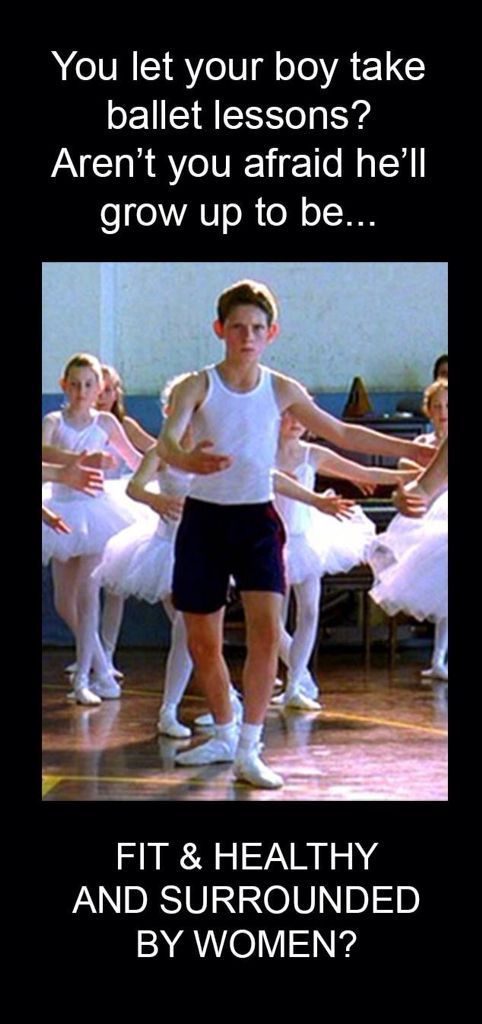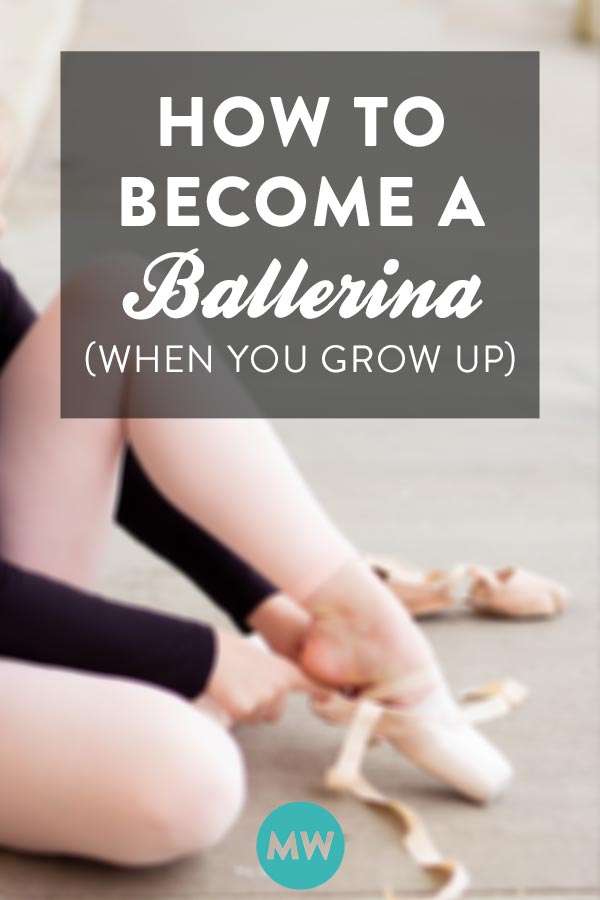Growing up homeschooled in the eighties and nineties gave my little sister and me the time, focus, dedication, drive, and commitment that it took to fulfill (almost) every little girl’s dream: becoming ballerinas.
Of course there are little girls who scoff at tutus and tiaras and dream instead of cowgirl boots and mud pies (like a certain someone I gave birth to) but “When I grow up I want to be a ballerina” is a common wistful sigh on the lips of plenty of feminine youngsters.
So, little one, how do you become a ballerina?
The world of performing arts is a beautiful, timeless thing. It’s also demanding, unyielding, competitive, and harsh. The beauty of a ballerina in her sparkling white tutu is evenly matched with the bruised body and bloodied toes.
The life of a performer is at best, a dream come true, and at worst, self-destructive. Can a starry eyed little homeschooled girl overcome the odds and live a fulfilling life on stage?
The answer, of course is yes.
If you are a parent looking to get your little one into ballet, here’s the three stages of how to become a ballerina.
How to Become a Ballerina
Stage I: The Baby Bunhead Ballerina
For just about every dance school out there, the little three- and four-year-olds are the bread and butter of the business. Creative Movement begins at that age and classes are filled to the brim with skipping, frolicking, twirling and swirling little tutu-ed sweet peas.
At Creative Movement you can expect your daughter to learn the basics of her body and the spaces that body fills, music and the differing sounds of beats and counts, role play, imagination, a smattering of ballet vocabulary, and all in all, a love for dance.
Expect an exuberant teacher who has a personality similar to a Disney princess, a class time of around 45 minutes once per week, a recital/showcase/performance where your sweetie will forget absolutely everything she learned, and expect to pay approximately $40 per month (depending on where you live).
Don’t expect Little Anna Pavlova to emerge at this age, but yes, you certainly can see talent this young…and everyone sees it in their daughter!
At around the ages of five to seven, more technique is introduced. Your ballerina should be in a class that is one hour long in length, one time per week, and should know quite a few French words of vocabulary.
She should know all the basics, like plie, tondue, battement, jete, and the Five Positions. This would be considered a Pre-Ballet level. There will be stretching, barre work and center work.
Stage II: The Elementary Age Bunhead
At around the double digit age, ballet students should expect to take twice per week. Levels in Ballet 1-4, or thereabouts, should expect a class time of 1-11/2 hours per class, higher intensity, opportunities to perform, and a good foundation of the art of ballet.
This can be an intimidating age to begin ballet, but there are always enough brand new 10-13 year olds who can be grouped in a class together in order to catch up.
Remember, there is always a phenom out there that you don’t want your daughter to compare herself to!
Stage III: The Teenage Bunhead
Once your daughter has entered into the teen years and has been in ballet for a good length of time you can expect extremely long hours, sore muscles, fierce competition, a fuel tank that is always on Empty, a separate bank account for point shoes, and rehearsals stacked on top of rehearsals.
Oh, and utterly terrifying toes that would make a grown lumberjack squeal like a little girl.
This is the age where they either drop out completely or dedicate themselves completely. Neither option is wrong; it’s simply nearly impossible to dance at this age “for fun.”
The whole family will need to decide if this is a sacrifice they are willing to make.
Sacrifices can include relocation, financial stress, body image issues, and the devastation that can come if her dreams don’t materialize the way she envisioned.
Now, this doesn’t mean that the journey isn’t worth it, but Christian young ladies need to be encouraged to remember that is more to life than dancing.

There is no guaranteed happy ending for the passionate sixteen year old who believes ballet is her whole life and she would die without it.
Injuries happen. Lack of true talent happens. God’s will happens. Staying rooted and grounded in faith and family will be crucial in a young artist’s maturity.
Have lots of good talks with your daughter about body image and health. Unfortunately, eating disorders among ballerinas are very commonplace, accepted, and occasionally encouraged.
Sadly, healthy lifestyles are not the norm in the performing world. It’s similar to driving by a hospital and seeing the nurses out back smoking: drive by a theater or art school and you’ll typically find the ballerinas smoking and drinking Diet Coke.
For some, this is the mainstay of their diet.
Choosing a Ballet Studio
Depending on the size of your town you may have little to choose from, or you may have a dance studio on every corner (like Starbucks, but without the caffeine). Asking around and discovering their reputation is one great way to know where to start.
However, please remember that one bad critique or review of a studio may not be the gospel truth! Teachers juggle a delicate balance every day of loving strictness while the ever-present “Stage Mom” can be a difficult beast to appease! For every unhappy parent there are probably fifty happy ones, so be sure to get a lot of opinions.
If the over-all reputation is one of being too harsh, too flippant, too pricey, too flaky, or if you get the impression the owner is just someone who hung a shingle out front because her last business went under, then run don’t walk! Or perhaps we should say chasse don’t pas de bourree!
Ballet for Boys
Generally speaking, it’s the little girls who develop an interest in ballet. But of course there are boys too, who show a talent and passion for dance.
And we’re so lucky they do! What would a pas de deux be without the prince? Male dancers have a bit of an easier time making a living with dancing, landing better roles, getting more attention, and snagging those scholarships, all because the competition is less ferocious.

Final Curtain
A simple Google search will bring up ballet studios in your area, and also colleges with dance programs, Christian dance companies, performances, reviews, blogs, and biographies. Have fun with your dancer and most of all, enjoy the show!
Pin It






Faderera says:
Have always loved, the ballet dance and it super fascinating
March 19, 2021 — 3:59 pm